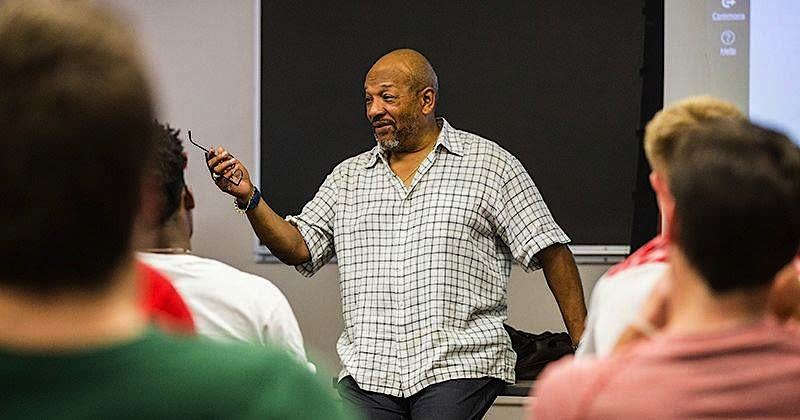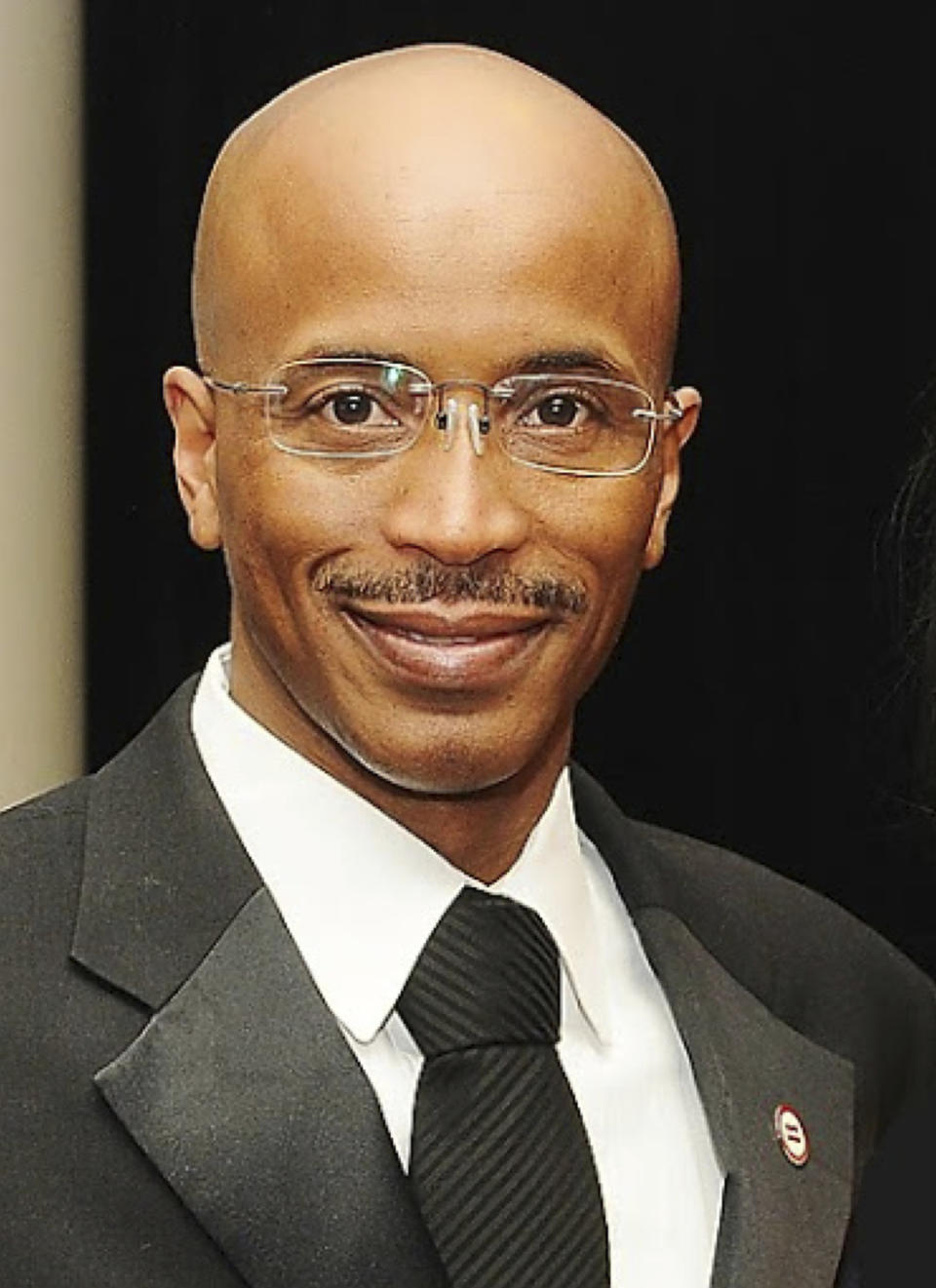Why fans see the NFL's 'Lift Every Voice and Sing' gesture as blatant pandering
Rodney Coates just shook his head when he learned that the NFL, in its attempt to join forces with Black players to fight racial injustice, has reportedly made plans to have “Lift Every Voice and Sing” performed before each game during Week 1 of the 2020 season.
Coates, a football fan, a sociologist and a professor at Miami University in Ohio, said he appreciates the so-called Black national anthem as much as anyone. But he said this gesture, which was confirmed by the NFL Players Association, would fall embarrassingly short of showing allegiance to a movement that is seeking to reshape race relations in America.
“It’s blatant pandering to public sentiment,” Coates told NBC News. “It would be a publicity stunt. There are so many ways to show its commitment. If it were serious it would open pathways for opportunities in a number of ways. But a song? No.”

Many Black fans share Coates’ sentiments that it would be hollow to have the poem-turned-song written by James Weldon Johnson in 1900 performed for one game to open the season on Sept. 10. They consider it an empty gesture. And they contrast it to the fall-out from Colin Kaepernick, the former quarterback who took a knee to protest the police brutality of African Americans during the national anthem in the 2016 season and has not played in the NFL since.
They also consider it a meaningless machination that borders on the insulting.
“I wouldn’t say it’s placating, because that would infer negative intentions,” said Nolan Rollins, the chief executive of SMRT Mouth, a technology company in Los Angeles that produces a device that allows athletes to measure key biometrics while training and competing. “I don’t think that’s the intention. But there is little to nothing we can do with symbolism. And really, it would probably be more effective to play Childish Gambino’s ‘This Is America,’ as the young people who are leading this charge likely do not connect with ‘Lift Every Voice and Sing’ as the previous generation.”
“If the NFL wants to make a tangible difference, this isn’t the way to do it. If you really want to show that you stand in solidarity with the Black players and with the communities they want to stand with and represent, there has to be a solid plan,” he said.

“The plan can’t be 72 bars of ‘Lift Every Voice and Sing.’ It’s not going to do what they think it would do. It will raise questions about if they are serious about helping.”
Pittsburgh Steeler fan Michele Ship of New Jersey said that while she wouldn’t mind the idea of hearing “Lift Every Voice and Sing” before the games, it would not be enough.
“I think it’s a good thing because it would show respect,” Ship said. “However, it’s definitely placating because what’s next? That’s a temporary gesture. Now, will the players not kneel before the first game and then kneel the rest of the games? And more importantly, is their decision to kneel going to be accepted from that point on?”
David A. Brown, a retired housing authority executive from Long Branch, New Jersey, said that he loves the song but would not want to hear it at an NFL game — and that it is not a means to social justice during the Black Lives Matter movement for change.
“We sing the Black national anthem at Black church events, HBCU graduations and events and when we are honoring Dr. Martin Luther King Day,” said Brown, who says he supports teams with Black quarterbacks. “It means something to us. Playing it at an NFL game would be a joke. If they want to fix something, hire 12 more Black head coaches and 30 other coaches and coordinators.
“Hire 10 Black general managers. That’s just a start.”
The NFL has committed $250 million over 10 years to social justice initiatives, saying it is addressing “systemic racism” in “the battle against the ongoing and historic injustices faced by African Americans.”
Coates agreed with Brown that a song would not fall in line with the purported objectives.
“This is a moment for them to look at real ways to help,” Coates said. He teaches an honors course at Miami of Ohio called Critical Ways to Ethnic Studies (formerly Introduction Into Black World Studies) that each football player at the school is required to take—and pass—to remain eligible to play.
“I tell each of the players that there is a 1 percent chance for them to make it to the NFL, and that a career in this, a high contact sport, lasts only three to four years on average,” he said. “They hate me for giving it to them straight and requiring they make at least a B to play football. But when I see them later, they thank me for getting them ready for the world.”
“It’s something like that the NFL should invest in,” he said. “Prepare these men for the real world. Thirty or 40 years ago, there was no distinction. They were just students. Then when Black men started playing, they became ‘athletes.’ The focus changed. The NFL should prepare players for after their careers. Do something about head injuries.
“Put money into communities these players come from that will not just lead them to the field, but to become lawyers, doctors, professionals. Do something tangible that will impact their lives. I’m tired, we’re all tired of symbolic gestures.”
That goes for Rollins as well. A former Urban League president for New Orleans and Los Angeles, he wants to see the NFL’s financial contributions spread to “cutting edge” Black-owned companies and programs that promote economic growth in the Black community.
“They have to be intentional,” he said. “I don’t care what song they play. I care about who they pay. This is a multibillion-dollar entity. It should be about providing security from COVID-19 and economic security for underserved communities.”
“The area to address in the African American community is the inability to be economically mobile,” he said. “You can play ‘Lift Every Voice’ as much as you want, but it will not put a dime in anyone’s bank account. It will not put anyone to work. It doesn’t allow a father or mother to put food on the table. ... That song will not change anything.”

